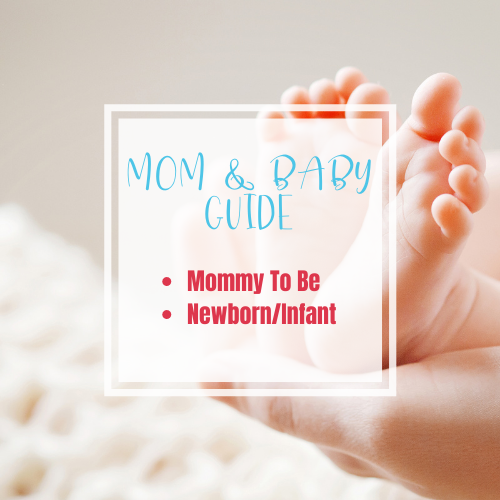Emotional eating is a complex behavior that involves our psychological state and eating behaviors. It is not merely about the physical need to consume food but rather a subtle interplay between our emotions and how we respond to them through eating.
Emotional eating often leaves the affected individuals confused and questioning their eating habits. It makes people wonder, “Why am I always hungry after eating?”
In this blog, we'll explore how emotions and eating habits are closely linked, leading people to eat not just out of necessity but in response to how they're feeling. Keep reading to understand this intricate relationship between our emotions and our meals.
The Psychology Behind Emotional Eating: 3 Things to Consider
Emotional eating goes beyond simple hunger. It's when our feelings start to guide our food choices. Here are three considerations to help you better understand the psychology behind emotional eating.
Understanding Emotional Hunger vs. Physical Hunger
The root of emotional eating lies in distinguishing between emotional and physical hunger. Emotional hunger is a feeling driven by emotional needs rather than physical hunger. This type of hunger is sudden, demanding specific cravings, usually for comfort foods, and tends to persist even after a full meal.
In contrast, physical hunger is the body's natural requirement for energy, developing gradually and satisfied by various foods.
So, if you’re thinking, “I wonder why am I always hungry after eating,” here’s why. Emotional hunger's sudden onset and insatiable nature often make it a key player in the cycle of continuous eating.
Triggers of Emotional Eating
A range of emotional states can trigger emotional eating. Stress, for instance, can significantly increase cortisol levels, a hormone that enhances appetite, often leading to overeating. Similarly, emotions such as sadness, loneliness, or boredom can also compel individuals to find solace in food.
In these moments, eating serves as a coping mechanism to suppress or soothe the discomfort of negative emotions. The foods typically chosen in these scenarios are often high in sugar and fat, providing temporary relief or a sense of happiness, thus reinforcing the habit of eating in response to emotional cues.
This pattern of seeking comfort in food can become a habitual response to emotional distress, creating a cycle that is difficult to break.
The Brain-Food Connection
The psychology behind emotional eating extends to the connection between our brain and the foods we consume.
Eating foods high in sugar and fat triggers the release of dopamine in the brain, inducing feelings of pleasure. This can create an emotional reliance on food as a source of comfort or a method to counteract negative emotions.
Over time, this reliance can evolve into a habit where emotional disturbances are frequently managed through eating rather than addressing the underlying emotional issue.
Conclusion
Understanding the psychology behind emotional eating is crucial in developing a healthier relationship with food. It involves recognizing the differences between emotional and physical hunger, identifying the emotional triggers that lead to this behavior, and knowing how certain foods affect our brain chemistry.
Addressing the root causes of emotional eating, whether through mindfulness, professional guidance, or alternative coping strategies, is a vital step towards a balanced and healthy lifestyle.









































No comments
We love hearing from you! Thanks for leaving us some comment love! If you're a new follower, please leave your link, so we can follow you back!